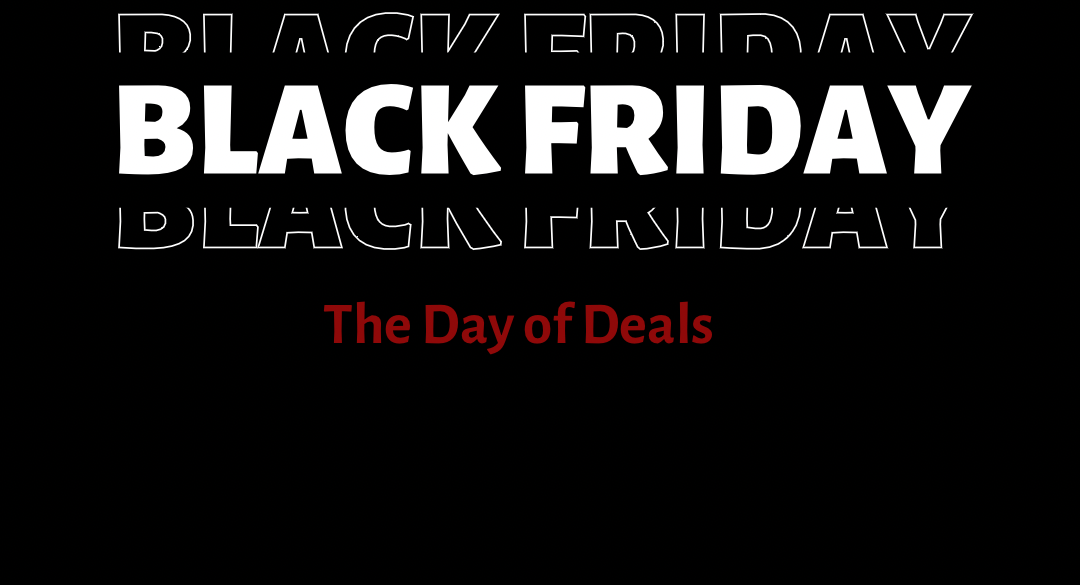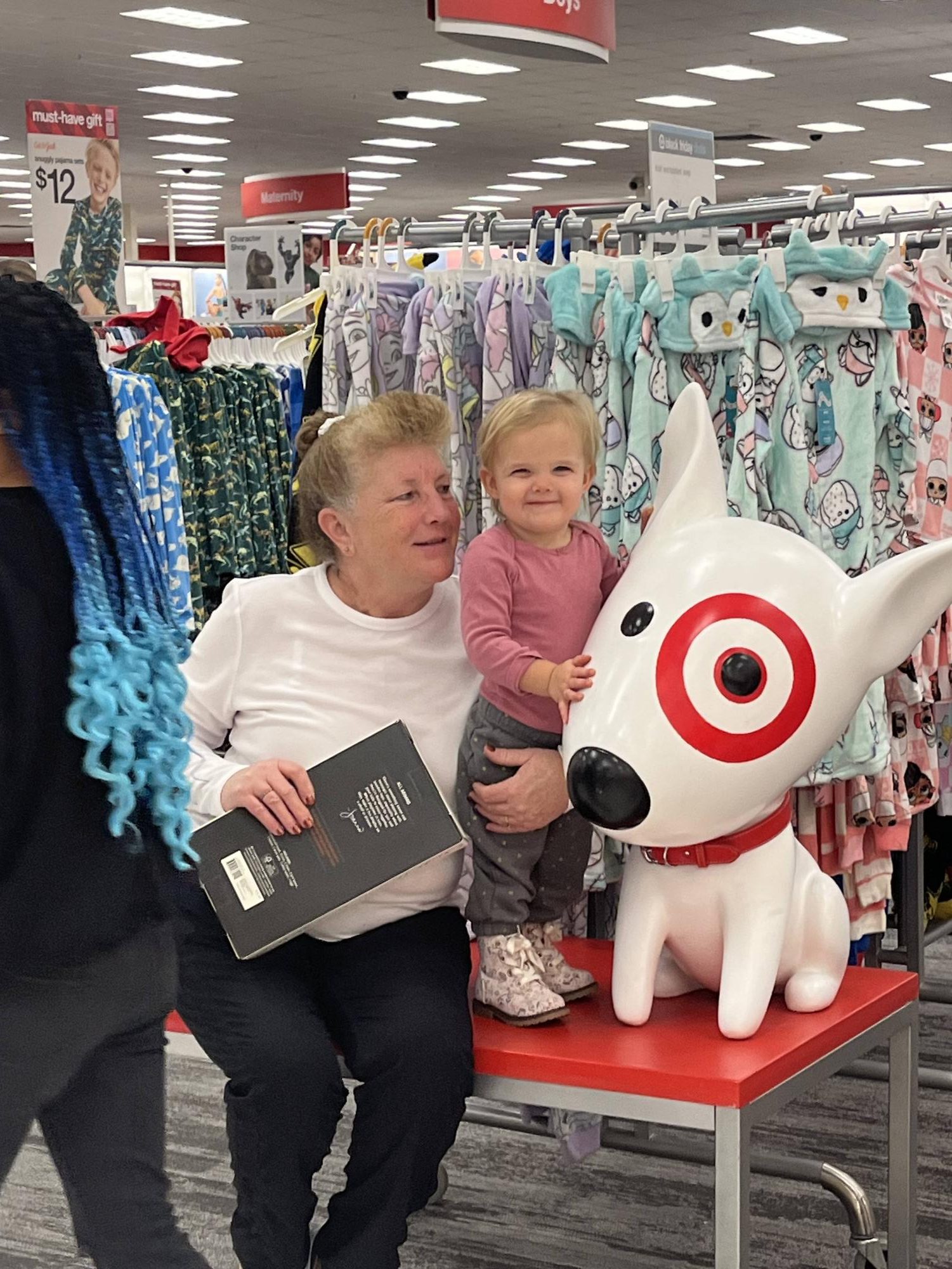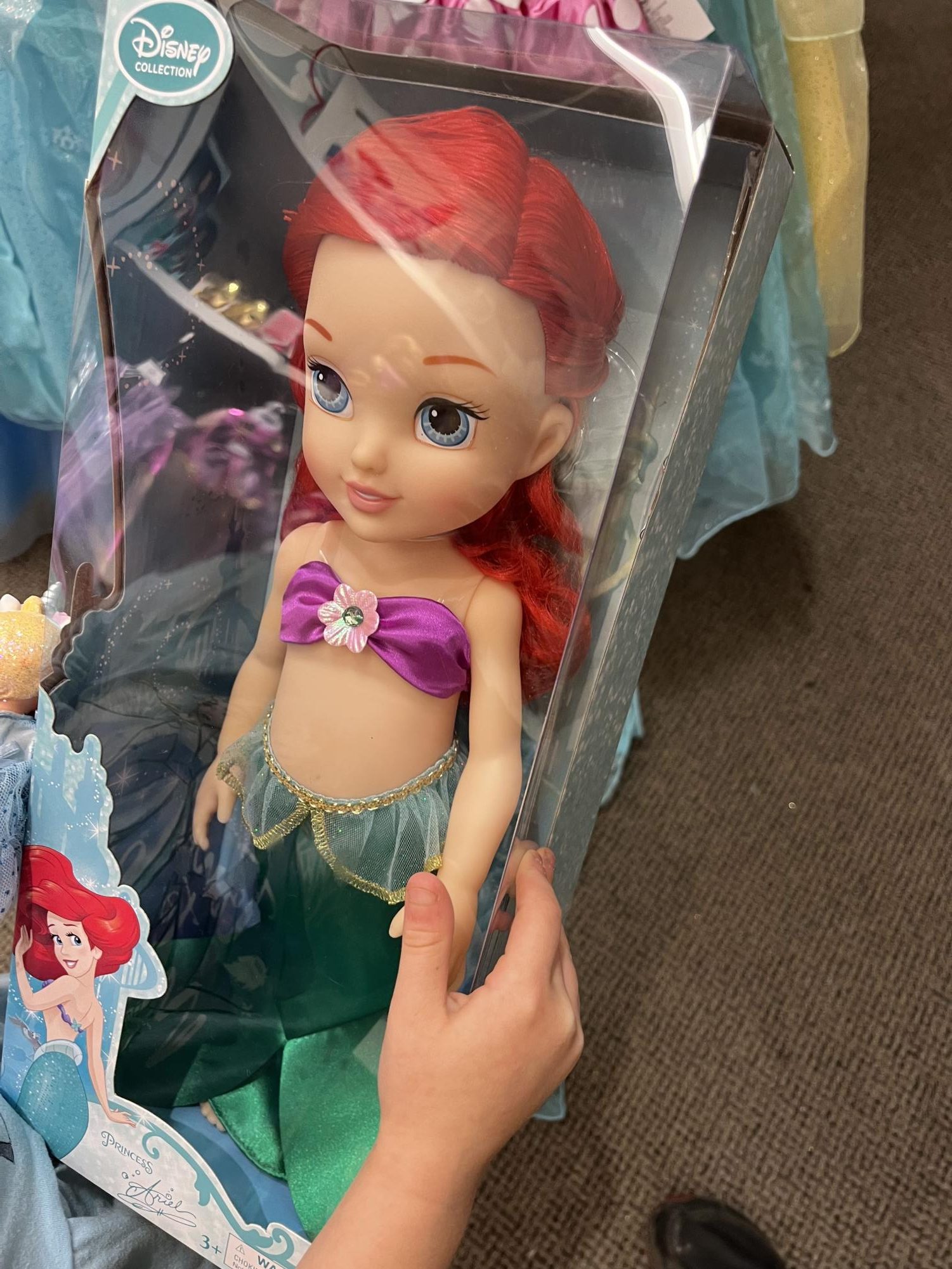
The History of Black Friday
The term “Black Friday” did not originally refer to shopping; despite what many retailers would have you believe. In fact, some of the earliest uses of the term had negative connotations. It first appeared in the 1960s in Philadelphia, where police officers used it to describe the chaos that accompanied the mass influx of shoppers and tourists visiting the city for the Thanksgiving Day football game. The streets were clogged with traffic, and shoplifting became more prevalent as stores began to fill up. The Philadelphia police, saddled with working extra-long hours, referred to this day as “Black Friday” because it was a stressful and overwhelming event.
Eventually the term took on a more positive meaning; specifically for retailers. In the late 1970s, businesses started to promote “Black Friday” as a day that marked the start of the holiday shopping season when stores would finally begin to make a profit. Retailers traditionally documented their financial records in red ink to show losses, and black ink to indicate profits. As the day became more well known for big sales, many retail businesses realized that it often pushed their bottom line into the “black,” meaning they were finally turning a profit for the year. Thus, Black Friday gradually became associated with positive economic results.
The modern version of Black Friday began to take shape in the late 1980s and early 1990s. As the U.S. economy became more globalized with a renewed focus on consumerism, retailers began to see the potential of turning Black Friday into a major shopping event. Stores would offer deeply discounted prices on popular items, attracting large crowds who were ready to get a head start on their holiday shopping. Some of the most sought-after deals included electronics, toys, and clothing.
In the mid-2000s, Black Friday began spilling over into Thanksgiving Day itself. Retailers started opening their doors earlier in the evening on Thanksgiving Thursday, a change that can partially be attributed to the rise, and ease, of online shopping. People no longer had to wait until Friday morning to shop for bargains; they could shop late into the night, either in person or online. This change to the holiday caused, and continues to cause, debates about the commercialization of holidays and the impact on family traditions. However, this change also allowed retailers to compete in a global, 24/7 economy.

“Yeah, we [his family] participate in Black Friday shopping just about every year with my grandparents, my mom, my brother, my wife; we kind of make it a big event to all go together. We’re not really focused on purchasing things as much as we are just spending time together. We hit a couple stores, we are often looking for things such as gifts for other people. We aren’t necessarily chasing sales or anything of the sort. We mainly want to spend quality time together. We also celebrate Christmas so that’s typically when my family and I get a Christmas tree.” —Social studies teacher, Mr. Jeremy Johnson
What began as an event specific to the United States has since spread around the world to many countries that don’t celebrate Thanksgiving. Retailers in other countries, including Australia, Canada, and the United Kingdom, have adopted Black Friday sales, often tying them to local holidays or creating their own special events. In some cases, retailers have moved their sales to the internet, allowing people worldwide to participate in Black Friday deals without leaving their homes.

“Yes, I do! I love Black Friday shopping. I go every year. Last year me and my girlfriends drove up to Lancaster [Pennsylvania] and we went to about 10-12 different thrift stores. I hate to admit it but a lot of the shopping I did was for myself. Although I participate in Black Friday shopping, I do not agree with the consumerism aspect of it because Black Friday sales happen weeks in advance, so I don’t think one day is needed because sales are already happening.” —Assistant principal, Mrs. Laurie Atwell
Black Friday, a day once associated with chaos and stress six decades ago, has transformed into a global retail event that represents the start of the holiday shopping season. From its negative beginnings in Philadelphia, to its expansion around the world, Black Friday has grown into an economic and cultural phenomenon. As the landscape of shopping continues to change, it will be interesting to see how Black Friday evolves in the years to come.
Public Relations News, 18 December 1961, p. 2. This weekly newsletter was published by Denny Griswold of 815 Park Avenue, New York, NY.
Deals for 2024: https://www.usatoday.com/story/money/shopping/2024/11/15/black-friday-2024-what-to-know/76224922007/
Your donation will support the student journalists of Brunswick High School. Your contribution will allow us to purchase equipment. We're a small program with little resources. Our goal is to purchase some updated, and much needed, cameras for the program.

